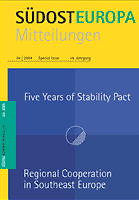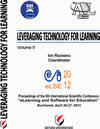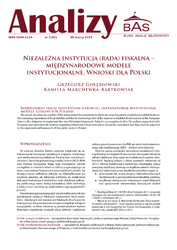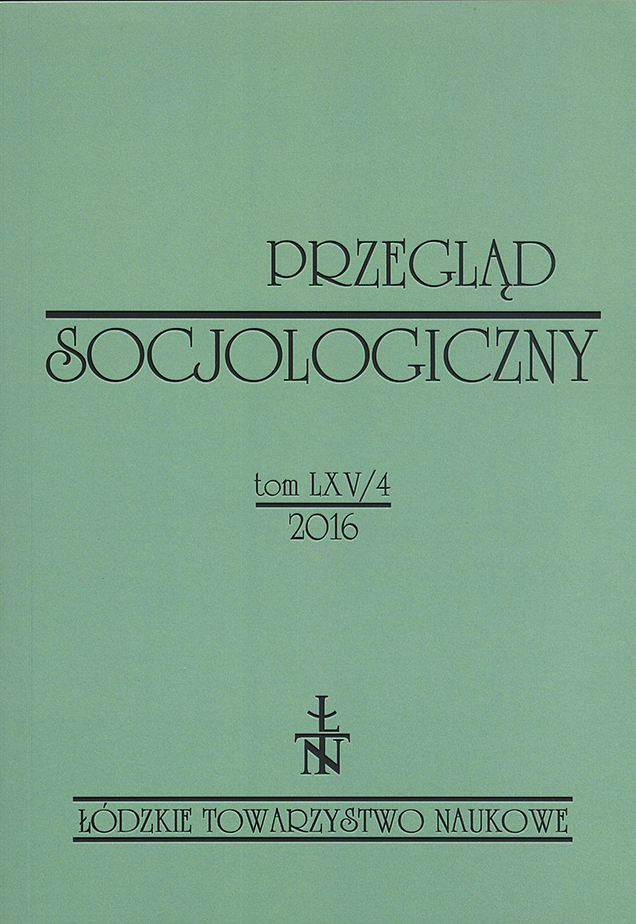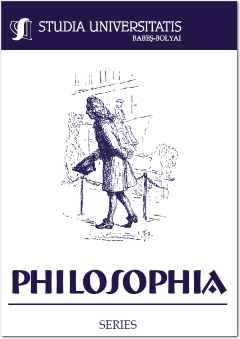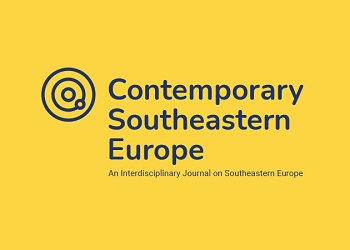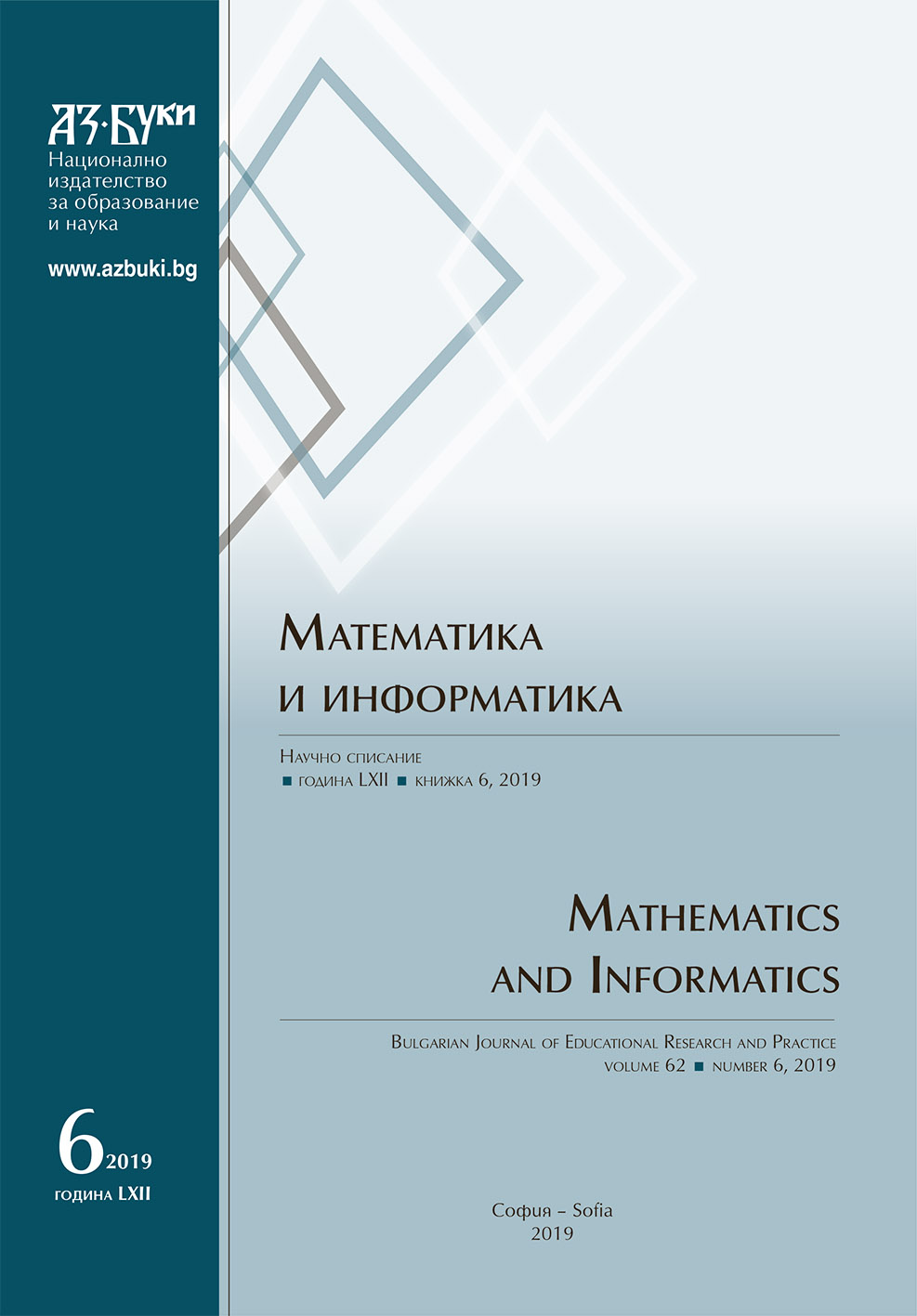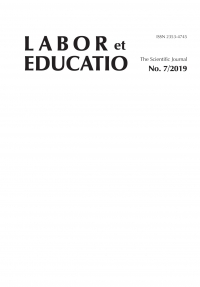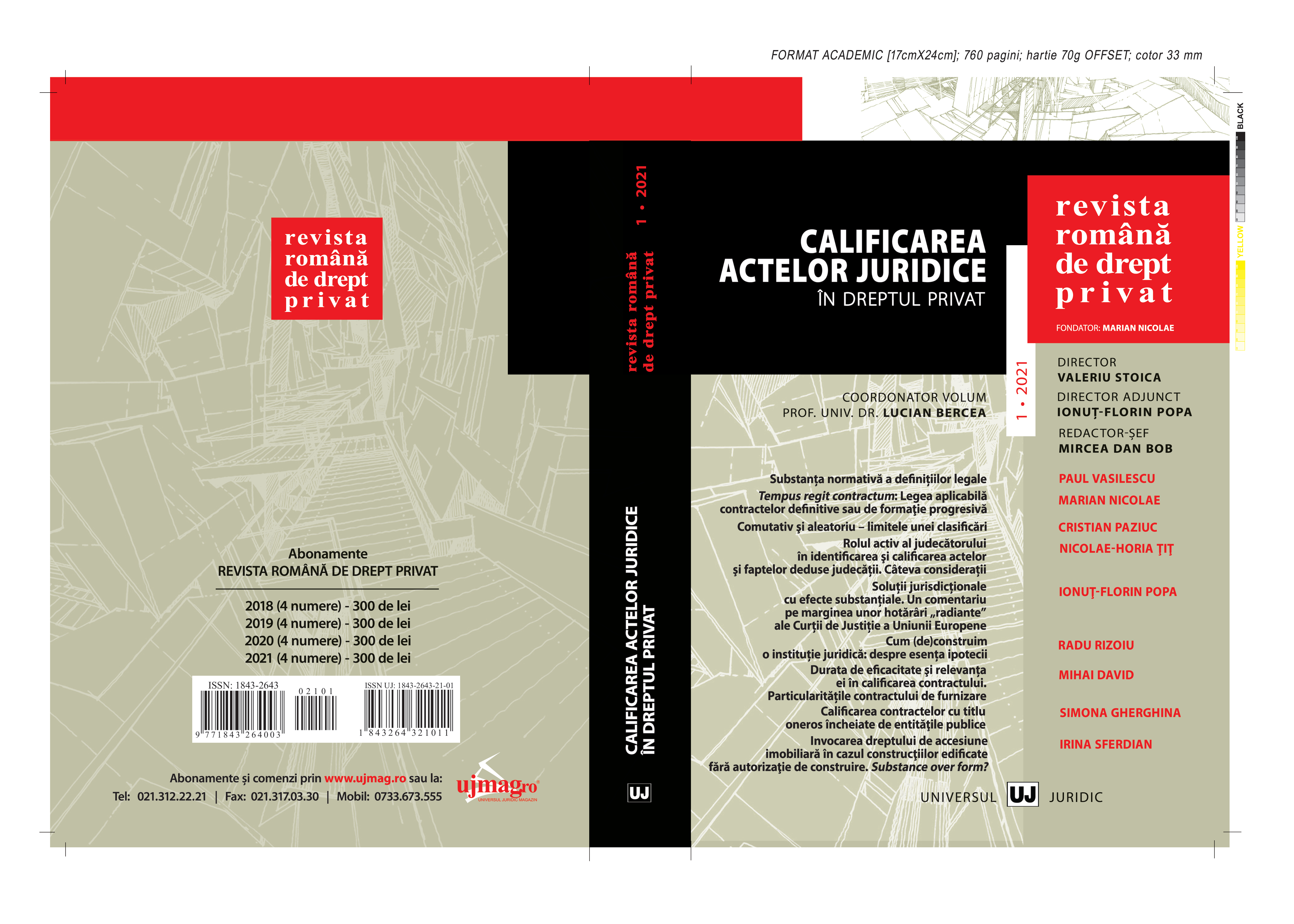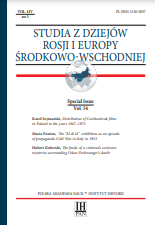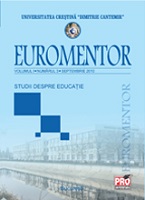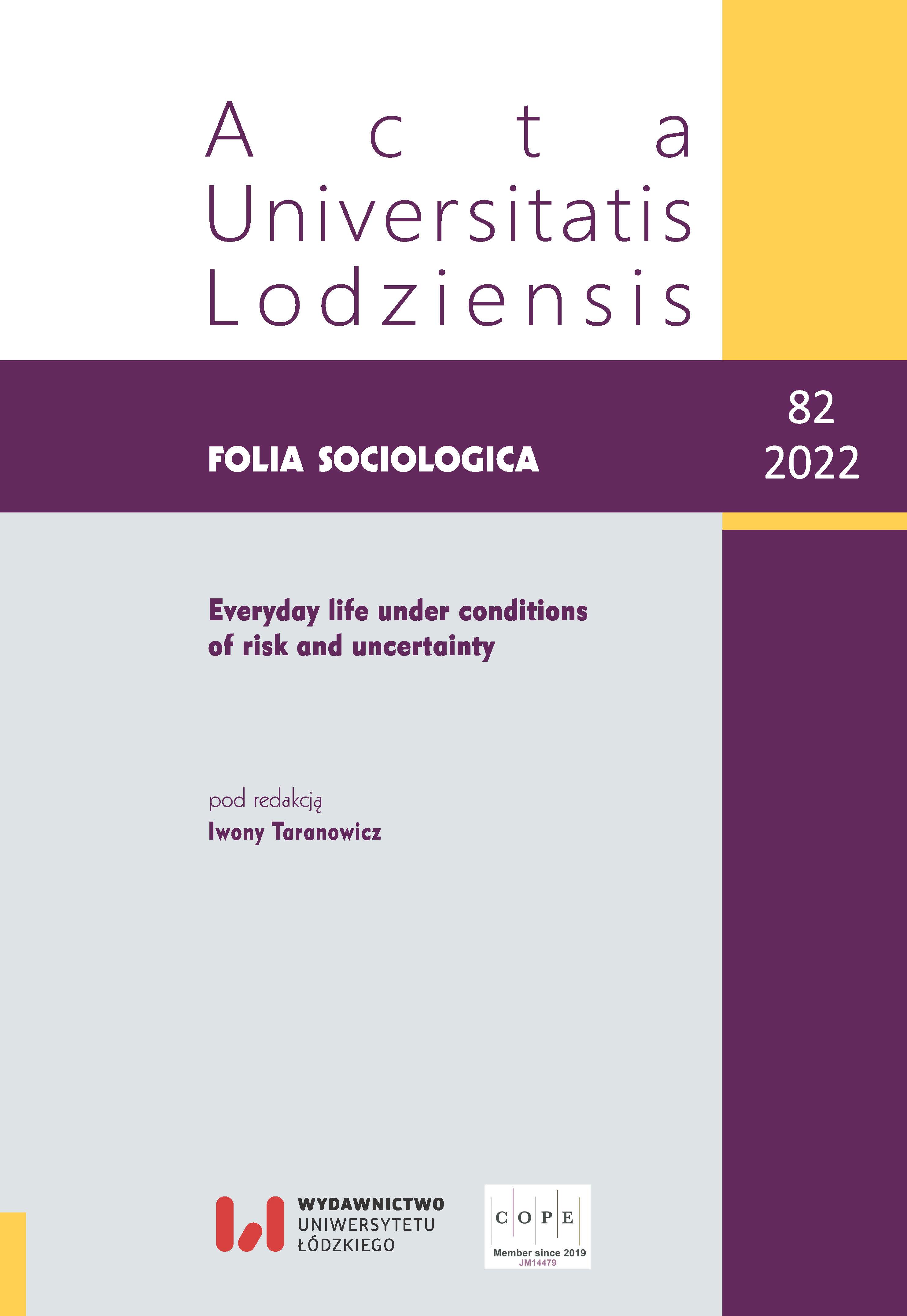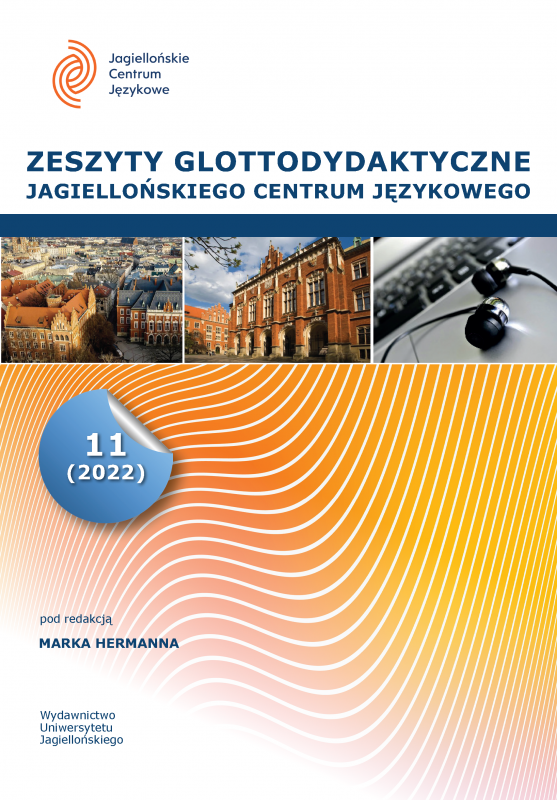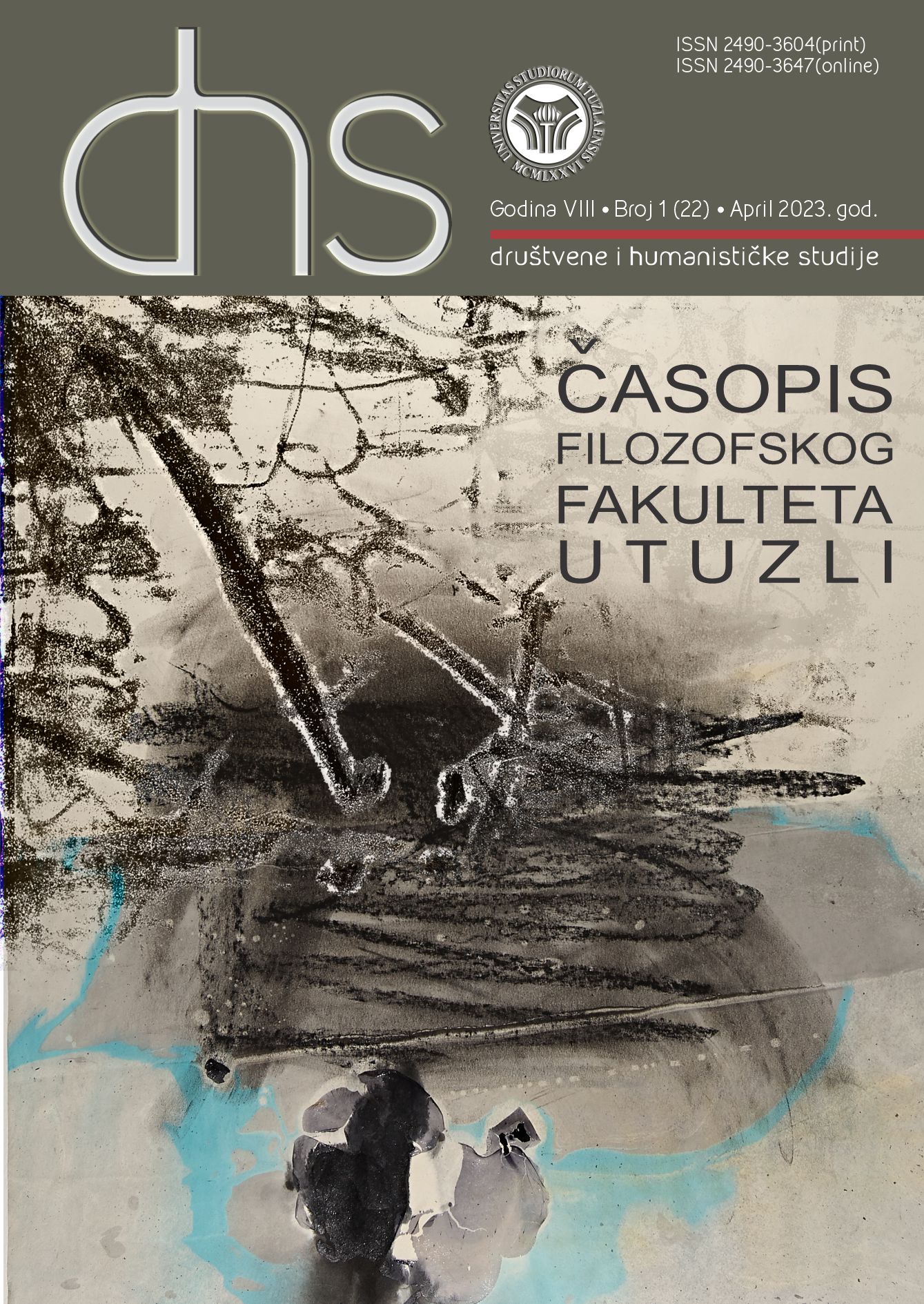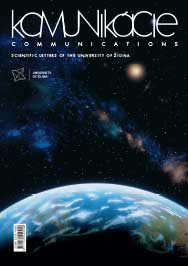Soviet propaganda and the independent Polish state
Author(s): Aleksandra Julia Leinwand / Language(s): English
/ Issue: Sp./2019
Keywords: Poland; Russia; independence; revolution of 1917; Polish-Soviet War 1919-1920; Bolshevik propaganda;
With an increasingly evident perspective of a global armed conflict, the turn of the 19th and 20th centuries revived the aspirations of the subjugated nations of Europe. Among the peoples in Central and Eastern Europe awaiting an opportunity to effectively claim their rights were the Poles, who had been deprived of their own state since the end of the 18th century as a result of partitions carried out by neighbouring powers: Russia, Prussia and Austria. The outbreak of war and the spread of armed conflict created a completely new set of circumstances. From the very beginning, the Polish lands became an area of activity of the armies of the partitioning states, which meant that the Russians, Austrians and Germans had to begin to reckon with the Polish opinion. Their declarations and proclamations, with more or less tangible promises, were aimed at gaining the favour of the Poles. By the end of the Great War, the President of the United States was also in favour of the creation of an independent Polish state. The issue of Poland’s independence, now raised in the international arena, became a factor that could no longer be ignored. The Bolsheviks, who had been governing in Russia since the military coup in November 1917, were also forced to express their opinion on this issue. Their decrees proclaiming the right of nations to self-determination were full of pompous slogans, which, however, were completely at odds with practice. They adopted their position on the Polish issue after a long delay, and when the establishment of an independent Poland in November 1918 became a fact, Lenin, Stalin and Trotsky did not hide their hostility towards the newly formed state with its “bourgeois-nationalist” government. They counted on the “socialist face of self-determination,” i.e. the outbreak of the revolution in Poland. These visions were disseminated in speeches and texts of Bolshevik leaders and in other propaganda “products.” Soviet anti-Polish propaganda significantly intensified after the start of the Polish-Soviet armed struggle. The war, which lasted almost two years, was characterised by its ideological and propaganda aspect. Sovereign Poland was to be buried not only manu militari, but also by means of violent agitation and propaganda expressed in word, image and sound in journalism, poetry, songs, leaflets, caricatures and posters printed in thousands of copies. Various methods were used, including disavowing the Polish leaders (especially the Chief of State, Józef Piłsudski), ridiculing Polish national symbols (the white and red flag and the coat of arms of Poland, the white eagle), convincing the West that Poland and Poles were posing a threat to peace. The mass Soviet propaganda was supposed to justify the march of the Red Army to the west and to convince the recipients of the propaganda message that the most beneficial solution for peaceful order in Europe would be the non-existence of sovereign Poland.
More...

